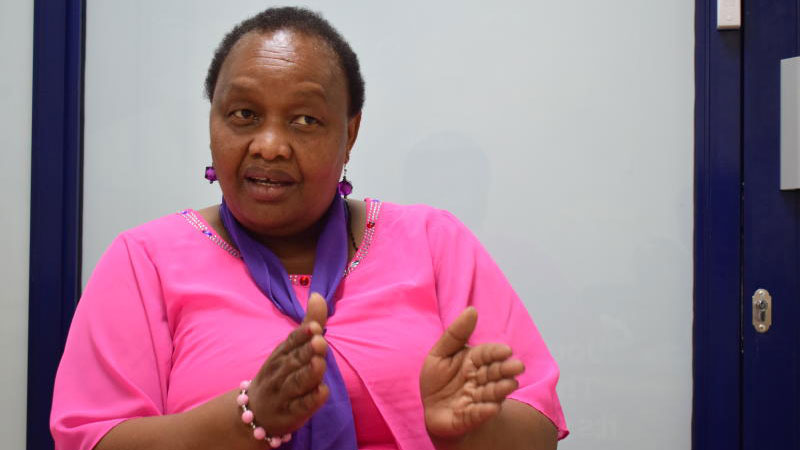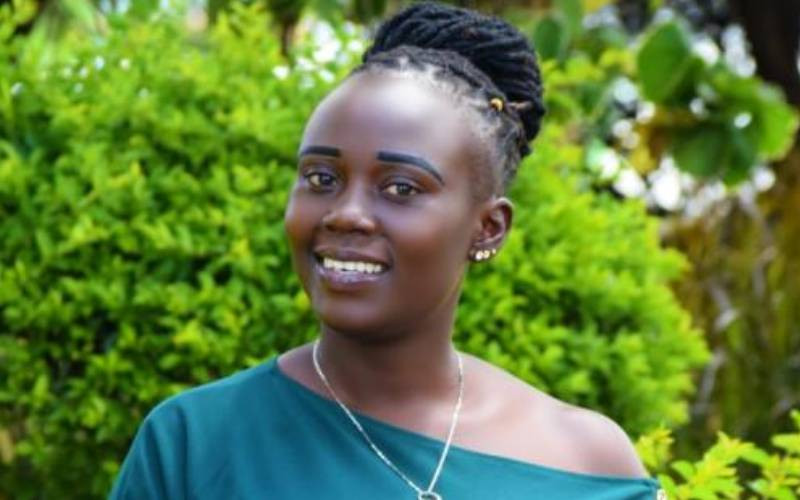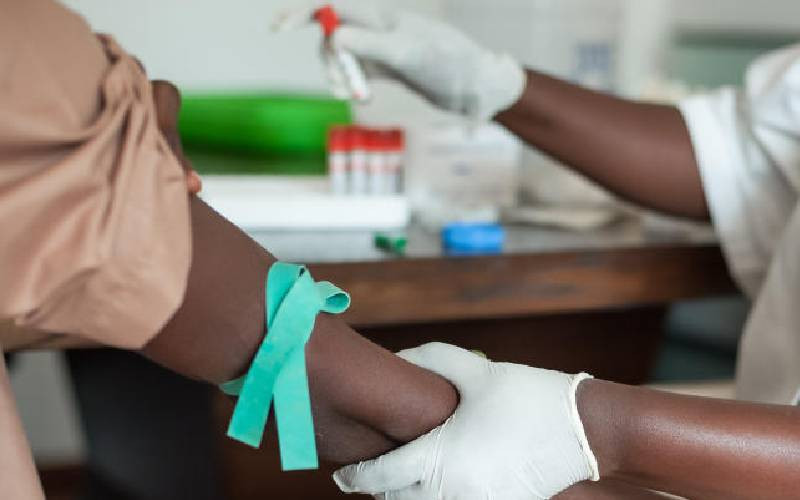
Jane Frances Njoki has cheated death twice. But not without losing a pound of her flesh.
The 51-year-old wears her stripes proudly, even though the battle is far from over. She is determined to hold on for as long as it takes.
As she shares her pain, she clutches the area where her left breast should be with her right hand, and squeezes.
“There is nothing here, just some artificial breast bra,” she says.
In 2016, doctors in India recommended removal of the whole breast to prevent a hidden tumour from spreading to vital organs.
A positron emission tomography (PET scan), which is a radioactive-powered full body imaging procedure, had showed that the cancer had cleared but part of the tumour was still tucked in her armpit.
The best bet was to remove the whole breast as well as some lymph nodes, which left her with almost no sensation in her left hand. She also suffers from water retention.
It was an irritating itch in her left armpit that provoked Ms Njoki to visit the doctor in June 2014. It was a Tuesday, she clearly recalls, and life was not so bad for the then 48-year-old.
She had just enrolled for a PhD in mass communication, worked as a lecturer and owned five apartments that she leased out. She had cemented herself well, no loopholes for anything to go wrong.
But then the diagnosis came. She did not just have cancer, but triple negative cancer.
Stage three
“I was at stage three B. In a week or two, it would move to stage four and affect my liver, pancreas and lungs. I was worried; I had lost my father to prostate cancer a year before,” she recalls.
Njoki needed Sh200,000 for medical treatment but she had just Sh90,000. She opted to sell some of her property.
She had six sessions of chemotherapy, an operation that claimed part of her left breast and 30 sessions of radiotherapy in Kenya, which cost Sh11,000 each.
But her joy at being cancer-free was short-lived.
Two months ago, on May 2, tests came back positive for possible tumours in her right breast. She says the doctor was outright that there was little choice but to remove the breast.
This is the third time the cancer is recurring.
According to the preliminary findings, an oval irregular mass was seen in the two o’clock position measuring 8.4 mm. She also had large cysts - abnormal sacs filled with fluid - in her left breast measuring 5.7mm and 6.6mm.
Njoki is one of the few women globally who suffer from an aggressive type of cancer known as triple negative. At least 10 per cent of invasive cancer cases globally are triple negative, according to Medical News Today.
According to Catherine Nyongesa, an oncologist at Kenyatta National Hospital and Texas Cancer Centre, this type of cancer does not respond to conventional therapy methods of treatment like chemo and radio therapies. “All the receptors for targeted therapy are negative so one is not a candidate for targeted therapy. So usually, it projects as a more aggressive form of breast cancer,” said Dr Nyongesa.
Cancer treatment is meant to attack the three main receptors of the tumours—oestrogen (ER), progesterone and HER2 receptors. These are the receptors that promote growth of cancer tumours, and for appropriate treatment, a patient has to test positive for any of the above.
However, for patients with triple negative cancer, the tests come back negative.
“In terms of treatment, you have an aggressive cancer but you cannot benefit from targeted therapy,” said Nyongesa.
It is for this reason that Njoki is careful about her nutrition as much as she depends on drugs.
“Since my cancer has no drugs, I live on supplements. But the mistake people make is to stop taking their drugs and depend fully on herbs. I have watched people die because of this,” says Njoki, who is also the secretary of the newly-formed Cancer Survivors Association.
According to the National Breast Cancer Foundation in Texas, US, triple negative cancer is always more likely to recur and spread after treatment. “Using chemotherapy to treat triple negative breast cancer is still an effective option. In fact, triple negative breast cancer may respond better to chemo in the earlier stages,” states the foundation.
In Kenya, breast cancer is one of the leading causes of death in women. Others are cervical and ovarian cancer.
 The Standard Group Plc is a multi-media organization with investments in media platforms spanning newspaper print
operations, television, radio broadcasting, digital and online services. The Standard Group is recognized as a
leading multi-media house in Kenya with a key influence in matters of national and international interest.
The Standard Group Plc is a multi-media organization with investments in media platforms spanning newspaper print
operations, television, radio broadcasting, digital and online services. The Standard Group is recognized as a
leading multi-media house in Kenya with a key influence in matters of national and international interest.











